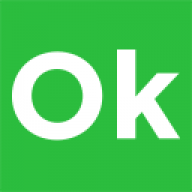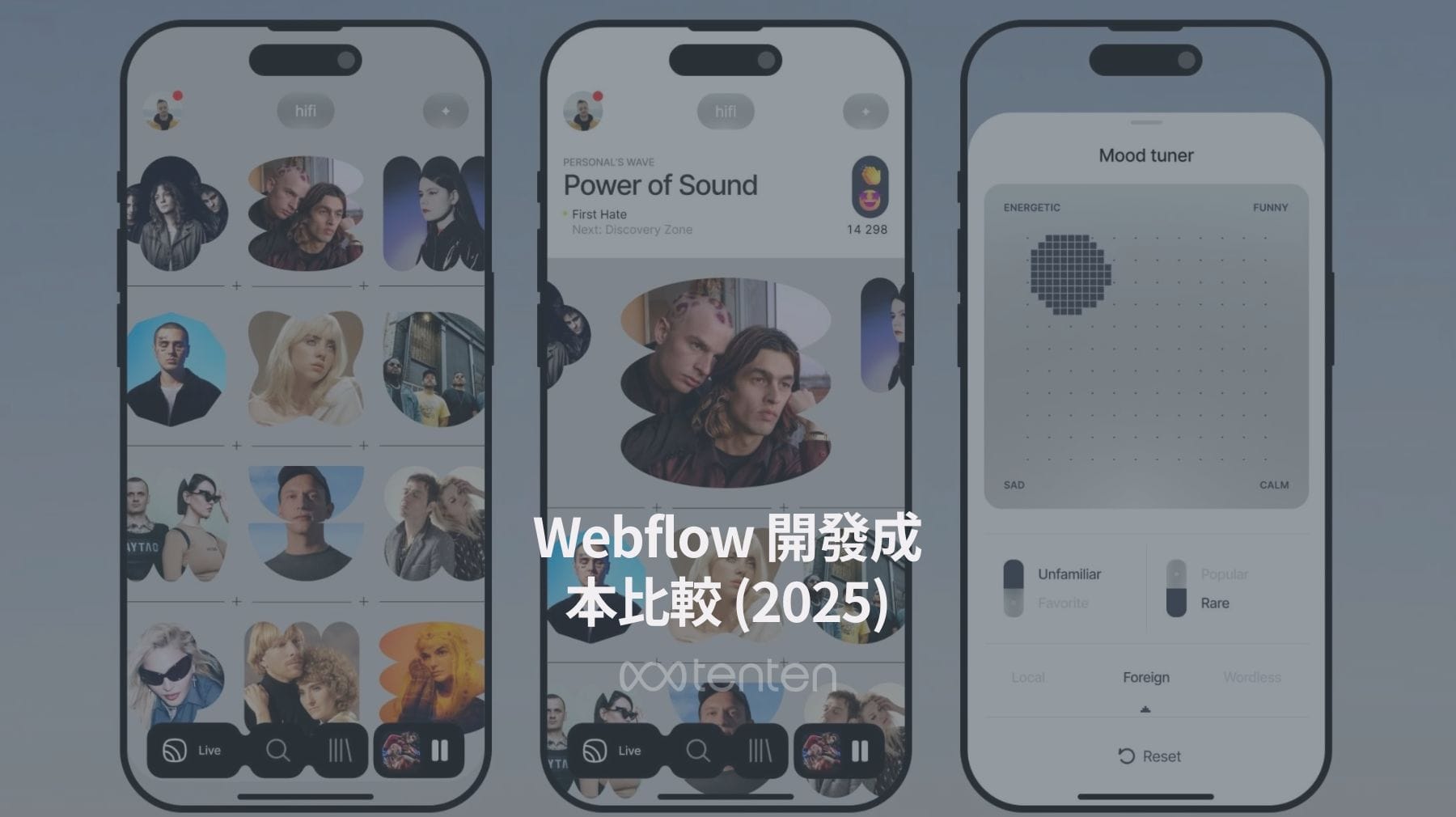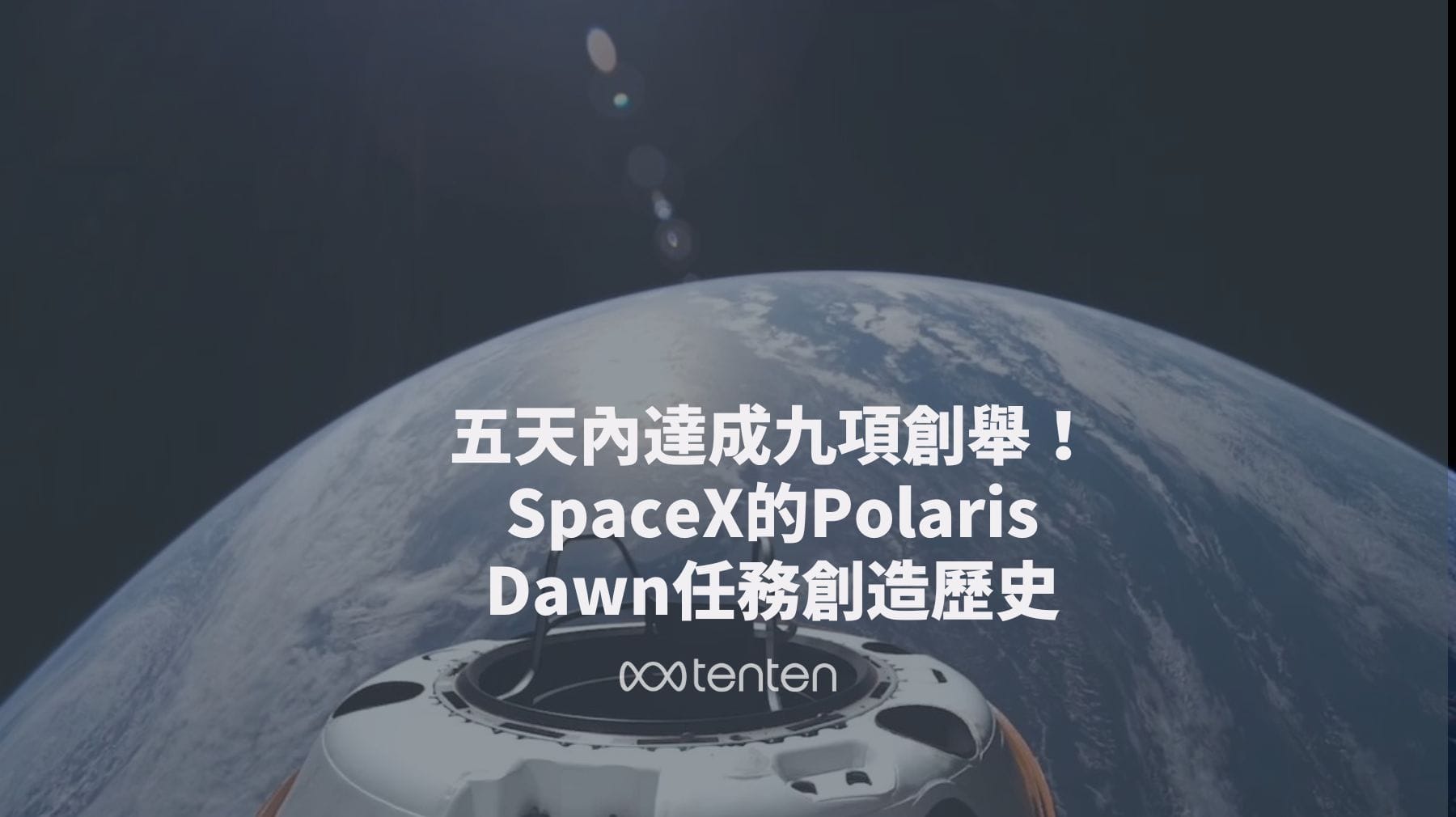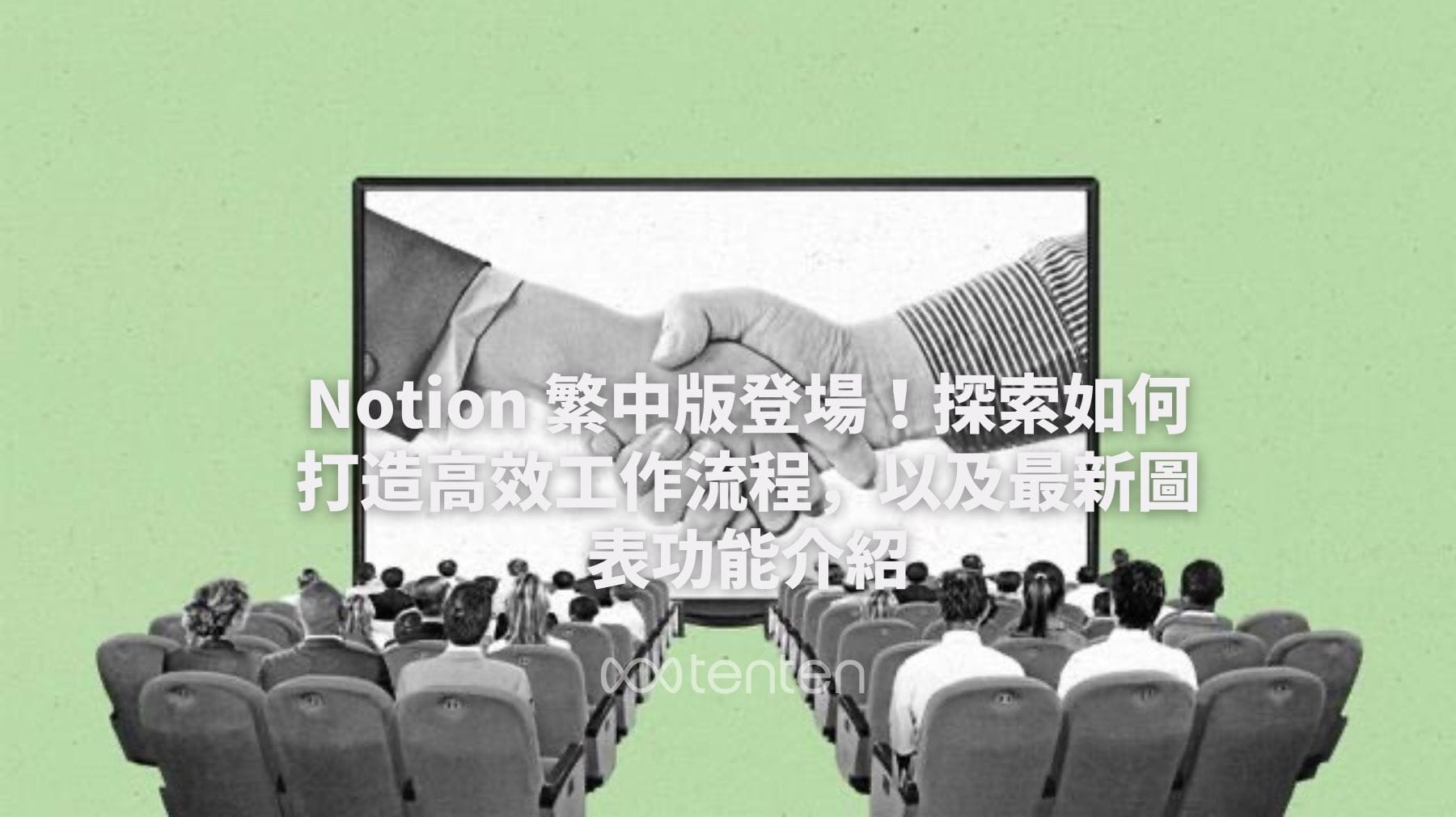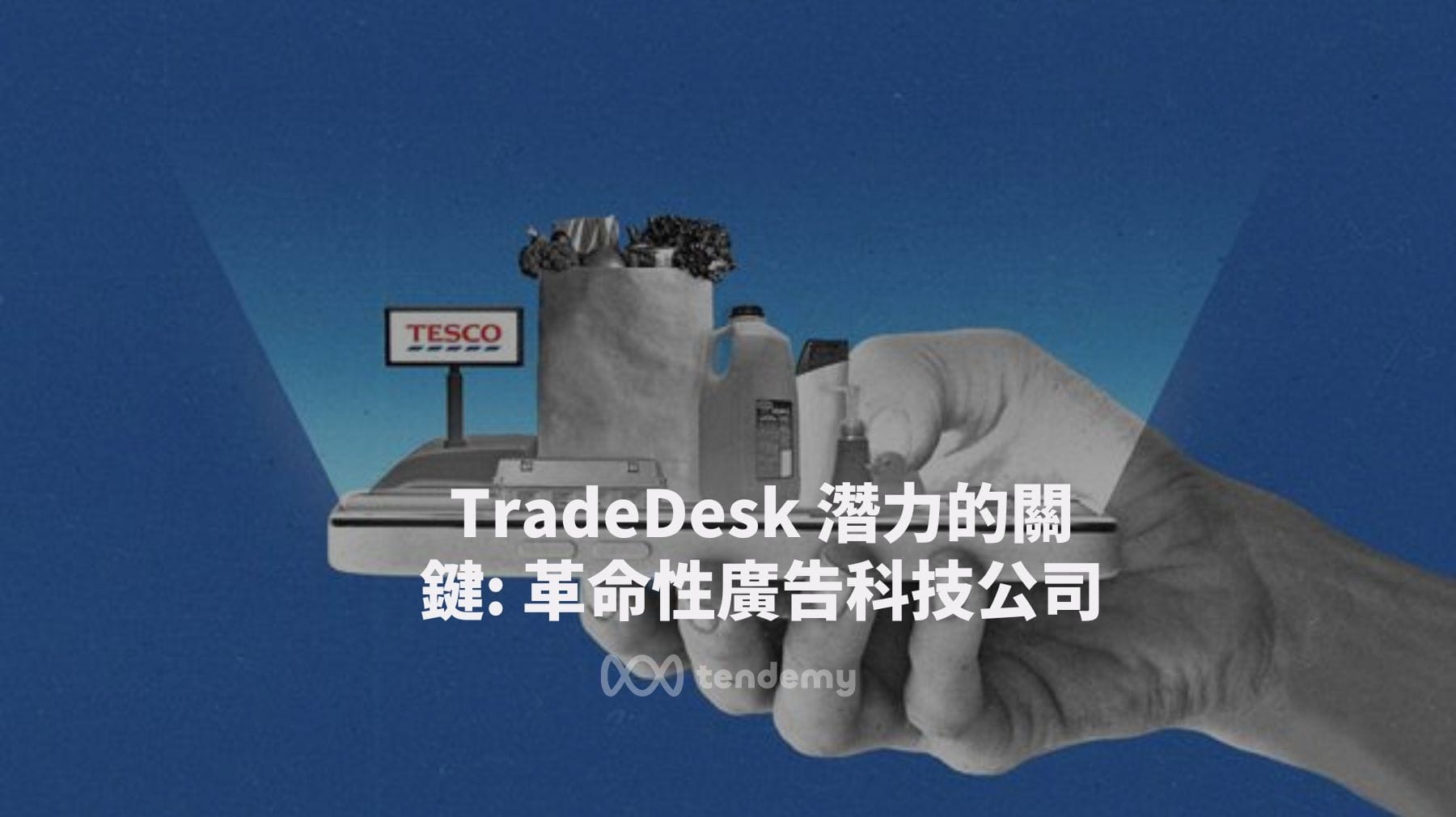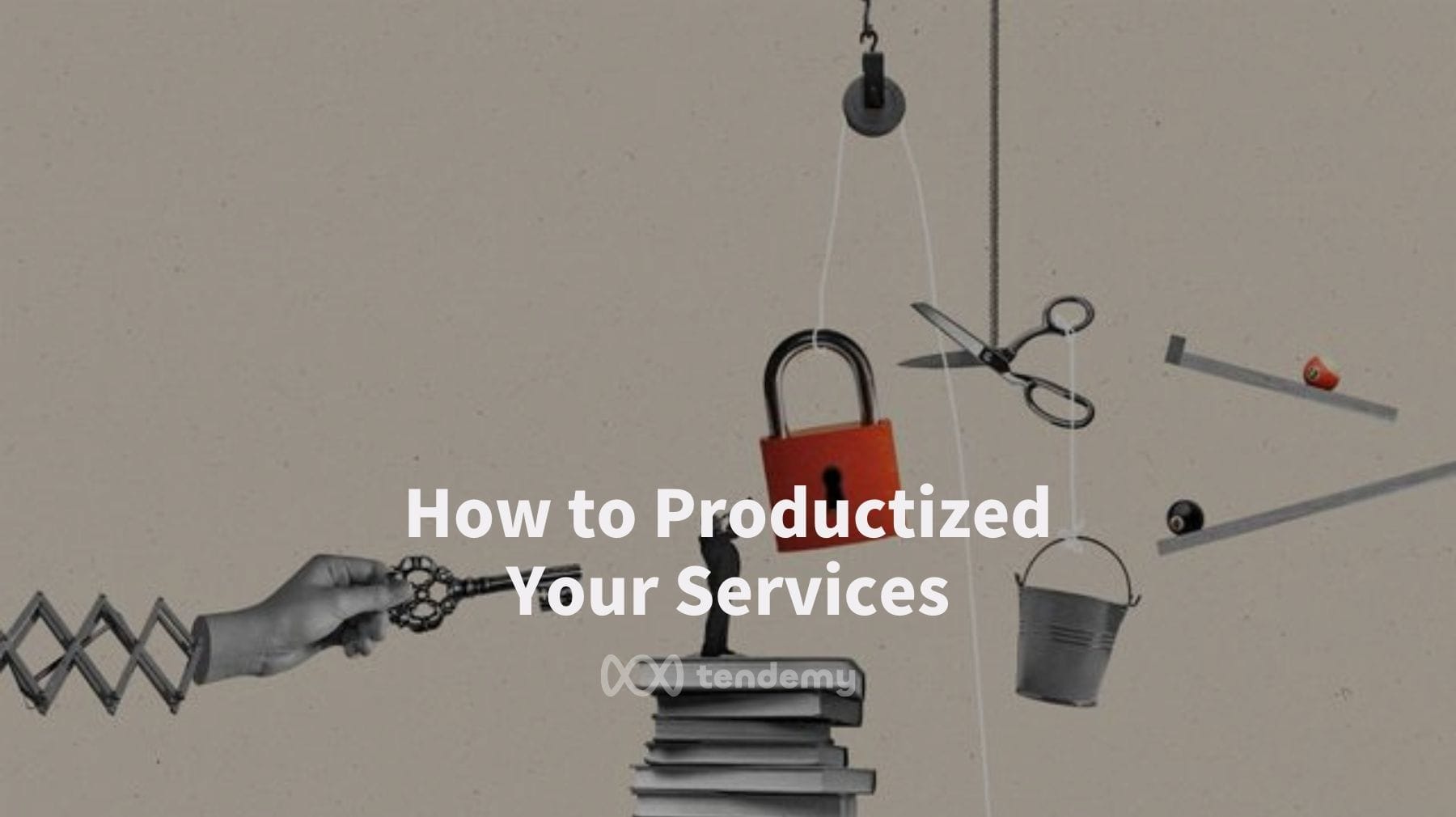以下是翻譯 AppSumo的創辦人Noah Kagan 《What I Learned Working For Mark Zuckerberg》文章。
當我走進位於帕洛阿爾托大學大道的 Facebook 大樓一樓時,我不確定自己是在兄弟會還是創業公司。
天花板上有電纜掉下來,人們在四處奔跑,有人告訴我坐在別人的桌角上。
我的新老闆走過來告訴我,他午飯後會來找我。超酷的!之後有人給了我一台筆記本電腦,我就開始上網,直到有人告訴我準備在 30 分鐘內與馬克·扎克伯格進行即時會議。
馬克進入會議室後說:
「我剛剛解僱了你的老闆,歡迎來到 Facebook。如果你不在我背後試圖出售我的公司,你會在這裡過得很好。」
這就是樂趣真正開始的時候……
在 Facebook 工作是我一生中發生過的最好(也是最糟糕的)事情。
我當時是第 30 號員工。然後我在 9 個月後被解僱。
很長一段時間,我對他們讓我走感到不滿。
但我從馬克和 Facebook 學到的經驗最終幫助我將 AppSumo 打造成一家年收入達 1 億美元的公司。
我在直接與馬克·扎克伯格共事時學到的 10 個教訓:
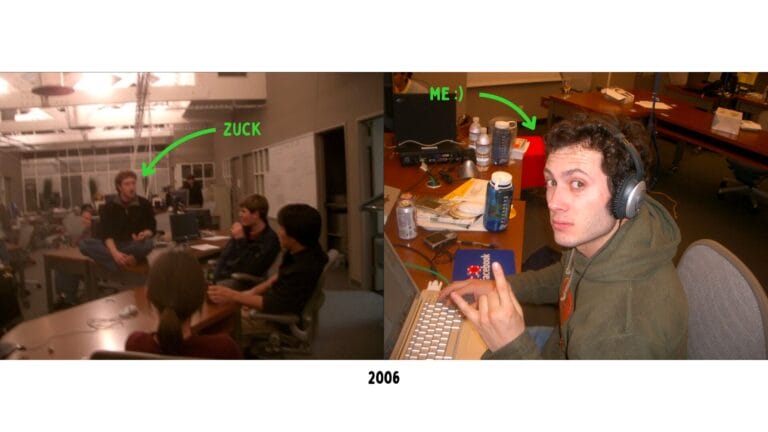
1) 專注於一個目標
「馬克,我們沒有盈利。我們可以嘗試在 Facebook 活動中賣票吧?」我懇求道。
他說不行。
然後他拿起一支白板筆在板上寫下:增長。
馬克的目標是 10 億用戶。
每當我們提出一個想法時,他會問:「這有助於增長嗎?」
如果它不推動這個目標,我們就不做。
你不會通過做很多事情快速增長,而是通過把一件事情做到極致。
2) 快速行動
在 Facebook,每天工作超過 12 小時是正常的。

馬克不斷推動我們要有緊迫感。他的一個內部口號是「快速行動,突破常規」。
「除非你在突破東西,否則你行動得不夠快。」他會這樣說。
這個想法是,我們會容忍一定數量的錯誤和缺陷,以便更快地移動並更快地了解我們的社群想要什麼。
我們每天都會向網站發佈多次更新。相比之下,像微軟這樣的公司需要幾個月的時間來撰寫產品細節,進行大量會議討論,然後最終構建它們。
作為創業公司,你對抗大公司的最大優勢就是速度。
3) 只聘請 A 級人才
馬克只會聘請他願意為之工作的人。
即使是我們的客戶支持團隊也充滿了哈佛博士。
來自 Facebook 的人們已經幫助創立了 Asana、Quora、AppSumo 😉、OpenAI 等。
當你在創業公司時,前十名員工是最關鍵的。每個人都佔公司 10%。如果三個人不優秀,那就是公司 30%!
創業公司比大公司更依賴優秀的人才。
4) 善待員工
馬克意識到,擁有一個你想工作的工作環境會吸引潛在員工,並讓現有員工為此感到自豪(並且晚上會願意待得更晚)。
Facebook 做了很多現在大公司已經成為常態的事情:
- 位於矽谷最昂貴街區之一的豪華辦公室
- 超具競爭力的薪水
- 每人 1000 美元的辦公椅
- 免費的 PowerBook 和 BlackBerry
- 美味的早餐、午餐和晚餐
- 冰箱裡裝滿了你能想像到的任何飲料
- 公司全額支付的拉斯維加斯旅行
- 每週五的免費歡樂時光
- 免費洗衣/乾洗服務
- 補貼住房。如果你住在辦公室一英里範圍內,每月 600 美元。
- 任何人都可以使用的夏季住房/冬季小屋
人們希望感到被認可。善待你的員工可以改善工作並提升士氣。
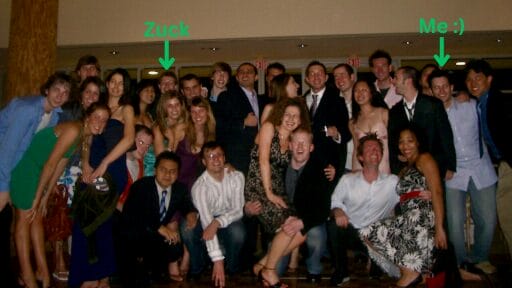
5) 解決自己的問題
許多人在他們不太了解或不感興趣的類別中創業,因為他們被告知這是「熱門」或「趨勢」。
他們的工作是會計師,但卻試圖創建為內容創作者製作軟件的公司。
一開始,馬克並不打算創建公司。他只是想幫助在大學裡的人們聯繫。
我創辦 AppSumo 是因為我喜歡科技產品和優惠。
許多頂尖公司並不是一開始就打算成為公司的。創始人解決了他們自己面臨的問題,然後與他人分享解決方案。
自私地構建,無私地分享。
6) 注意細節
我記得馬克曾經在凌晨 3 點給我發了一封電子郵件,告訴我我們的一個文件中漏掉了一個句號。嗯,是句號(!!)
馬克不接受任何不完美的東西。如果他認為某些東西是垃圾,他會告訴你,你必須重新開始。
他對「Facebook」中的「F」的大小寫非常講究。馬克甚至在光明節時送給我一本書《寫作風格的要素》(一本語法書)😂
馬克為我們設立了高標準的卓越。這是具有挑戰性的,但也非常有回報。
7) 賦予團隊所有權
令人驚訝的是,馬克並不太參與日常運營。他有時會編碼,但主要專注於宏觀願景。
他很擅長給人們一個目標,一些界限,並從旁指導他們。
工程師和產品經理可以想出功能並構建它們,而不需要任何人的批准。
馬克說他想要 Facebook 手機版,然後讓我們自己想辦法製作第一個版本。
當你的團隊感覺像擁有者時,他們會像擁有者一樣行事。
8) 「人」而非「用戶」
如果我們說「用戶」,馬克會對我們大喊。就像真的大喊。
「他們是人類」,他會大吼大叫。
將使用你產品的人類化可以讓你更好地服務他們。你能夠更好地理解他們面臨的問題,而不僅僅是看數字。
在那個用戶名或電子郵件地址的另一邊是另一個人!
9) 留住合適的人
我開始工作的那天,我的老闆被解僱了;我的下一個老闆一個月後被解僱。我在 9 個月後被解僱。
馬克對於留住合適的人非常強烈。
他立即移除了那些阻礙 Facebook 發展的人,並迅速提升了那些幫助 Facebook 實現目標的人
在 AppSumo,我們會對潛且適合的員工付費試用期,然後再將他們全職聘用,以確保他們是合適的。
10) 擁有宏大的願景
當馬克被提議以 10 億美元出售 Facebook 時,我們都才二十多歲。
當他說不時,他向我們所有人以及全世界發出了信息。
他的目標是連接整個世界。這激勵了我們。
當我在 Facebook 時,我所做的就是思考/談論/夢想 Facebook。Facebook 是我的女朋友。這感覺不像是一份工作,所以我投入了我所有的時間。
宏大的願景是激勵人們起床並在辦公室裡全力以赴的動力。它給員工帶來超越金錢的目的感。
為你加油,
Noah 🌮
When I walked into the first floor of Facebook’s building on University Avenue in Palo Alto, I wasn’t sure if I was in a frat house or a startup.
Cables were hanging from the ceiling, people were running around, and someone told me to sit on the corner of someone else’s desk.
My new boss came over and told me he’d find me after lunch. Cool! Then someone handed me a laptop, and I started playing online until someone told me to get ready for an impromptu meeting with Mark Zuckerberg in 30 minutes.
Mark walked into the meeting room and said:
“I just fired your boss. Welcome to Facebook. You’ll do great here if you’re not trying to sell my company behind my back.”
That’s when the fun really started…
Working at Facebook was the best (and worst) thing that ever happened to me.
I was employee #30. Then I was fired 9 months later.
For a long time, I was bitter about them letting me go.
But the lessons I learned from Mark and Facebook ultimately helped me build AppSumo into a $100 million company.
Here are 10 non-obvious lessons I learned from working directly with Mark Zuckerberg:

1) Focus on One Goal
“Mark, we’re not profitable. Let’s try selling tickets to events on Facebook,” I pleaded.
He said no.
Then he picked up a whiteboard marker and wrote on the board: Growth.
Mark’s goal was a billion users.
Whenever we pitched an idea, he’d ask, “Does this help us grow?”
If it didn’t push that goal, we didn’t do it.
You don’t grow quickly by doing a lot of things. You grow by doing one thing extremely well.
2) Move Fast
At Facebook, working 12+ hour days was normal.

Mark constantly pushed us to have a sense of urgency. One of his internal slogans was “Move fast and break things.”
“If you’re not breaking things, you’re not moving fast enough,” he’d say.
The idea was that we’d tolerate a certain amount of mistakes and bugs so we could move faster and learn what our community wanted faster.
We’d push updates to the site multiple times a day. In contrast, companies like Microsoft would take months to write product specs, have tons of meetings about them, and then finally build them.
As a startup, your biggest advantage against big companies is speed.
3) Hire Only A-Players
Mark would only hire people he’d be willing to work for.
Even our customer support team was filled with Harvard PhDs.
People from Facebook have gone on to help start Asana, Quora, AppSumo 😉, OpenAI, and more.
When you’re at a startup, the first 10 employees are the most critical. Each person is 10% of the company. If three people aren’t great, that’s 30% of the company!
Startups rely on great talent more than big companies do.
4) Treat Employees Well
Mark realized that having a work environment you want to be in attracts potential employees and makes current ones proud (and stay later at night).
Facebook did a lot of things that are now the norm:
- Luxurious office in one of the most expensive neighborhoods in Silicon Valley
- Super competitive salaries
- $1,000 office chairs for everyone
- Free PowerBooks and BlackBerries
- Delicious breakfast, lunch, and dinner
- Fridges stocked with any drink you can imagine
- Company-paid trips to Las Vegas
- Free happy hours every Friday
- Free laundry/dry cleaning services
- Subsidized housing. If you lived within a mile of the office, $600 a month.
- Summer housing/winter cabins available for anyone
People want to feel appreciated. Treating your employees well improves work and boosts morale.

5) Solve Your Own Problems
Many people start businesses in categories they don’t know much about or aren’t interested in because they’re told it’s “hot” or “trendy.”
Their job is an accountant, but they’re trying to create software for content creators.
Mark didn’t set out to create a company initially. He just wanted to help people at college connect.
I started AppSumo because I love tech products and deals.
Many top companies didn’t start out intending to be companies. The founders solved problems they faced themselves and then shared the solution with others.
Build selfishly, share selflessly.
6) Pay Attention to Detail
I remember Mark emailing me at 3 a.m. to tell me there was a period missing in one of our documents. A period (!!)
Mark didn’t accept anything less than perfect. If he thought something was crap, he’d tell you, and you’d have to start over.
He was particular about the capitalization of the “F” in “Facebook.” Mark even gave me a book called “The Elements of Style” (a grammar book) for Hanukkah 😂
Mark set a high standard of excellence for us. It was challenging, but also very rewarding.
7) Empower the Team with Ownership
Surprisingly, Mark wasn’t too involved in day-to-day operations. He’d code sometimes, but he mainly focused on the macro vision.
He was great at giving people a goal, some boundaries, and then guiding them from the side.
Engineers and product managers could come up with features and build them without needing anyone’s approval.
Mark said he wanted a mobile version of Facebook, then let us figure out how to make the first version.
When your team feels like owners, they act like owners.
8) “People” Not “Users”
If we said “users,” Mark would yell at us. Like really yell.
“They’re people,” he’d scream.
Humanizing the people using your product helps you serve them better. You’re able to understand the problems they face better, not just see numbers.
There’s another person on the other side of that username or email address!
9) Keep the Right People
The day I started, my boss was fired. My next boss was fired a month later. I was fired 9 months later.
Mark was adamant about keeping the right people.
He quickly removed people who were hindering Facebook’s growth and quickly promoted those who were helping Facebook achieve its goals.
At AppSumo, we do paid trials with potential teammates before hiring them full-time to ensure they’re a fit.
10) Have a Grand Vision
When Mark was offered $1 billion to sell Facebook, we were all in our 20s.
When he said no, he sent a message to all of us and the world.
His goal was to connect the entire world. That inspired us.
When I was at Facebook, all I did was think/talk/dream about Facebook. Facebook was my girlfriend. It didn’t feel like a job, so I put all my time into it.
A grand vision is what gets people up and going all out in the office. It gives employees a sense of purpose beyond money.
Cheering for you,
Noah 🌮
原文出自:

本文僅為翻譯,僅供參考,若有侵權請告知將立即刪除。
This article is a translation for reference only. If there is any infringement, please let us know.



